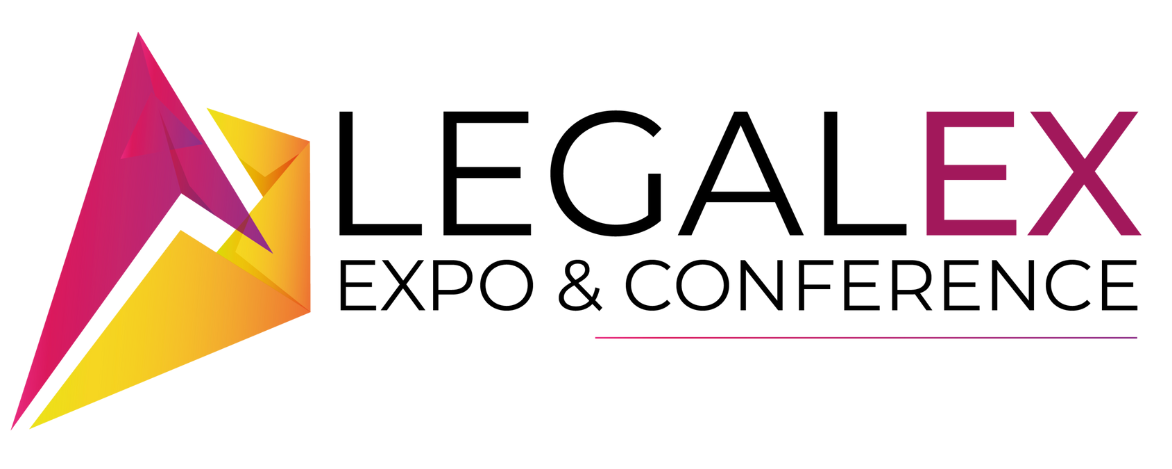Career Conversations - Desmond Brady, Thomson Reuters
.png/fit-in/700x9999/filters:no_upscale())
We caught up with Desmond Brady, Director of Strategy of Proposition at Thomson Reuters prior to his session at LegalEx Virtual; 'Managing cases digitally – learning the lessons of the pandemic'.
Desmond Brady is a director in the Thomson Reuters Europe Proposition team, where he works on market insight and product strategy. He currently has a particular responsibility for courts, the Bar and litigation. His previous roles within Thomson Reuters include leading the delivery of our UK portfolio of law reports and journals.
Can you introduce yourself and your current job role?
I’m Desmond Brady, and I’m a Director of Strategy and Proposition at Thomson Reuters.
How did you find yourself in this position? Did you always aim to pursue a career in this field?
I’m not quite a Thomson Reuters “lifer” but I did join the business early in my career. After a stint leading editorial teams managing some of our key subscription products, I was lucky enough to take charge of a team leading large-scale managed online content and web services for government clients. This gave me a real appreciation for the rewards inherent in working directly with our customers, so when an opportunity came up to join our strategy and insight function, I leapt at the chance. Fast forward to today and I still have what I consider to be one of the best jobs in our business, and one that lets me engage with customers on a daily basis.
What role does your current position play in the functioning of the rest of your business and why is so crucial?
I work with our customers to understand their needs, and bring that insight back into Thomson Reuters so we can work to help them better. For a business like Thomson Reuters, nothing is more important.
Can you give us some insight into the tasks that make up a regular working day for you, and what considerations need to go into these tasks, especially in light of the pandemic?
A regular day is hard to pin down. Typical external-facing projects might involve customer interviews, data gathering, and sharing our research results back out to the legal industry. Internally, I spend a lot of time briefing colleagues on industry trends, advising on product development, and refining the use cases for our various software and information solutions. In this type of work you’re always looking for data-driven decisions, and often acting as an internal champion for customers and users. What has changed as a result of the pandemic? In some ways it has made my role easier: time spent on the road is now way more productive. On the other hand, I think it’s sharpened up the need to be respectful of others’ work-life boundaries, which have become even more blurred in lockdown.
Can you fill us in on any challenges you’ve faced in your career and how you overcame these?
Something that may resonate with a lot of people right now is the classic challenge of juggling many balls at once: home, family, career. I entered the workforce with a rabidly perfectionist mindset. Three kids later I’m still struggling to balance my priorities, but I like to pretend that I’m getting better at “good enough” thinking!
If you had to give some advice to your younger self or a mentee looking to enter your career, what would you say?
I would tell them that representing your business to customers and the outside world is a privileged position, and not to be fazed by the attendant responsibility!
In your opinion, what are the most exciting developments within your role or the law and legal tech sector at present?
At the same time, however, I think the biggest technological kick in the pants for the legal sector has come from a totally unexpected direction – coronavirus – and depending on how law firms, clients, courts and barristers choose to respond to this new world of hybrid and remote working, we may see exciting new developments in the world of secure legal collaboration.
What do you see the future of the law or legal tech sector being like? Does this excite or scare you?
What can be unsettling for some established lawyers is the thought that by eradicating some of the low-level tasks they did when they were starting out, technology might take away important learning opportunities from new lawyers. On the other hand, law students see this possibility in a very different light! I think it’s important to remember that it’s unrealistic to expect lawyers to trust a “black box”. We see this in the debates about Automated Decision-Making, just as much as in technology-assisted document review and attempts at case outcome prediction. If legal technology is to find genuinely helpful new ways to save lawyers time, it must be utterly transparent about what it is doing – and the lawyers must be technically confident enough to understand it.
What can people expect to learn at your session at LegalEx’s Virtual Summit?
We did a big survey and interview programme with UK litigators in the first half of this year, and we’ll be sharing some of the headline results from that, covering topics like technology objectives, success stories from remote working (and the reverse), and hopes for the future. At the same time, one of our key acquisitions in the litigation space last year was the Caselines bundling and hearing management tool, so we’ll be sharing what our users have made of that.
How does your tech make a difference in today’s legal industry?
We are privileged to serve lawyers across the UK legal industry, not only through our long-standing information tools including Westlaw Edge UK and Practical Law, and our flagship books and other publications (now consumed as much online as in print), but also through our collaboration tools like HighQ and Caselines, drafting tools such as Drafting Assistant and High Doc Auto, and a range of matter management and financial management tools serving law firms, courts and other legal organisations.
How does your tech make lawyers’/ legal professionals’ lives easier?
Wherever a lawyer is in their workflow, our aim is to be there with a tool that makes them more efficient and that they can trust implicitly.
Why do you think legal exhibitions, conferences and virtual summits are important for the development of individuals and the industry?
Given that its output is so text-based, the striking thing about legal services is that it is so hugely about people – about the trusted advisor, the confidante, the friend in extremis. I think the same is true for the legal supply chain and particularly for legal tech. Networking, discussion and mutual support are essential for this industry to thrive, and every opportunity to connect is important.
In his upcoming talk at LegalEx Virtual, Desmond will share key results from Reuters' survey of a wide range of law firm litigators, uncovering the lessons learned, the successes and the failures, and what aspects of digital their respondents were determined to preserve as litigation moves towards a blend of remote, hybrid and in-person hearings. He'll also talk about the experience of users of our newest acquisition in bundling and hearing management. Register for free here.

